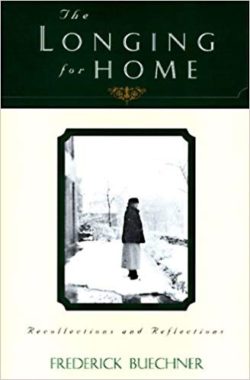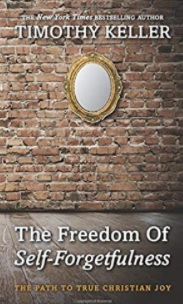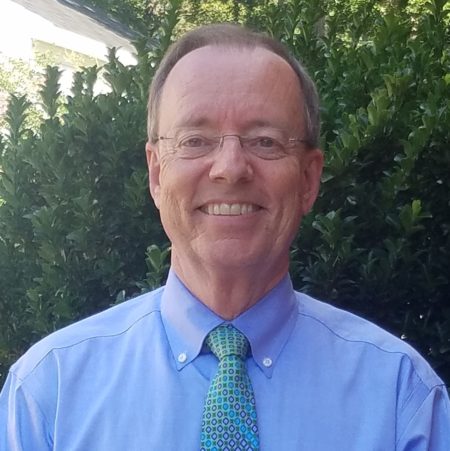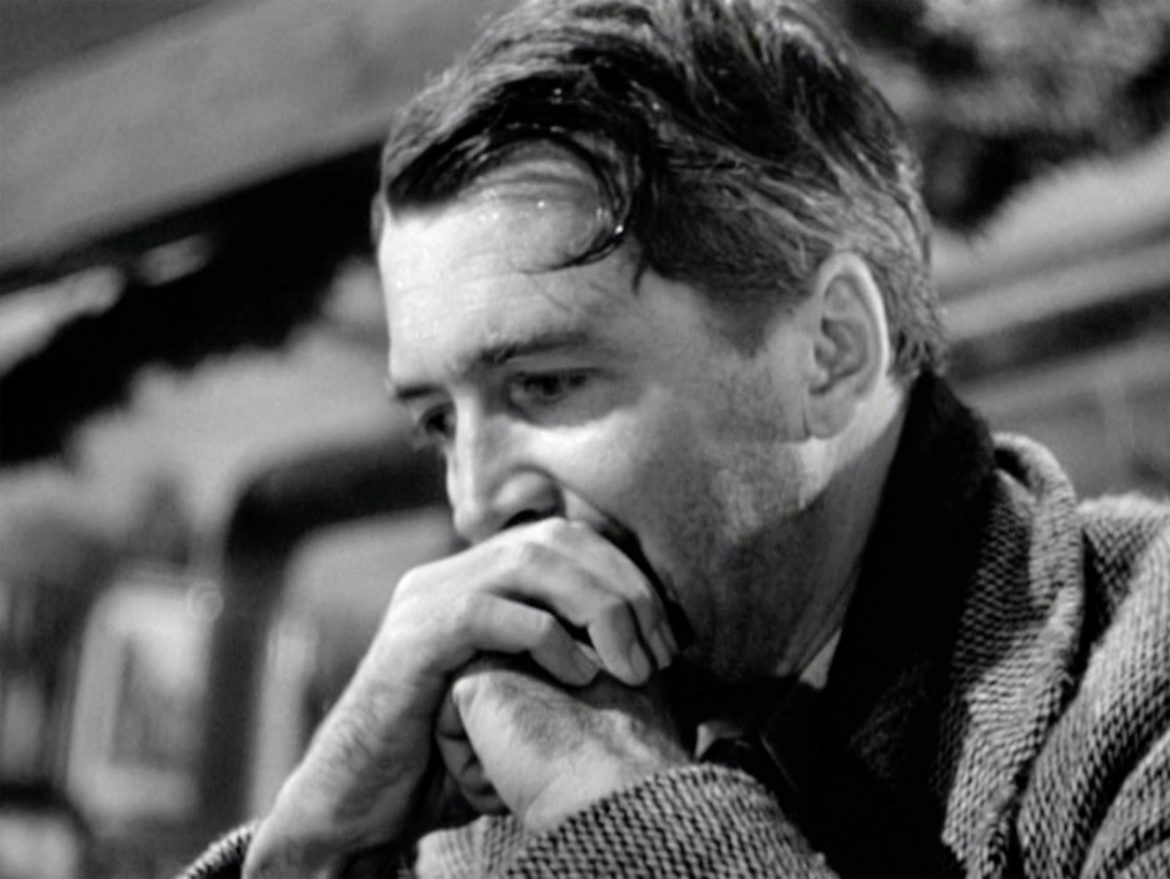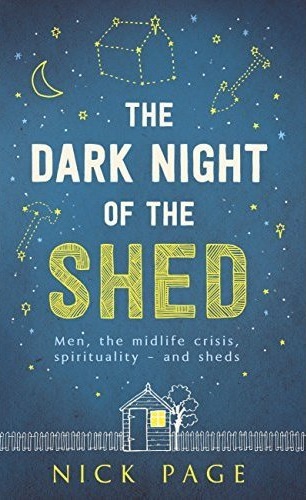Often, the depressed struggle with a deep sense of melancholy, which goes hand-in-hand with sentimentality.
By nature, that’s me, and maybe you — and writer Frederick Buechner.
But there’s a danger.
From his book, The Longing for Home.
“When we sentimentalize about things, we see not so much the things themselves as we see the flood of feeling, of sentiment, that the things occasion in us, with the result that sentimentality becomes a form of blocking out the world.”
How true.
And I would add that it’s not just the blocking out of the world, but the nature of a thing changes, as well, and for the sadder.
For example, when I was a small kid, my dad played Tchaikovsky’s Piano Concerto No. 1, non-stop.
I thought it was the most purely beautiful thing I’d ever heard.
Now I also think it’s beautiful but the memory of my childhood and dad and youth adds a new dimension to the beauty, and I can’t appreciate it for its purity as much, because where before it didn’t provoke nostalgia, it does now.
And that can lead to some depression, and therein, lies the danger of nostalgia, as I’ve written.

